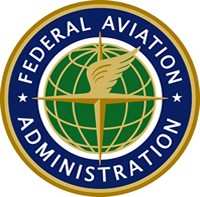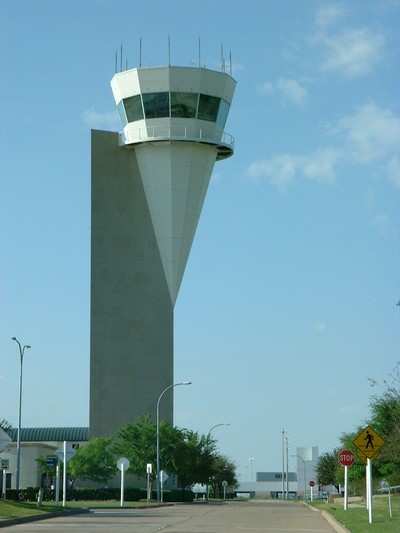Tue, Jul 21, 2009
Reducing Emphasis On Blame In Controller Errors
 The FAA says it has taken another step toward a new safety
culture by reducing the emphasis on blame in the reporting of
operational errors by air traffic controllers.
The FAA says it has taken another step toward a new safety
culture by reducing the emphasis on blame in the reporting of
operational errors by air traffic controllers.
"We're moving away from a culture of blame and punishment," said
FAA Administrator Randy Babbitt. "It's important to note that
controllers remain accountable for their actions, but we're moving
toward a new era that focuses on why these events occur and what
can be done to prevent them."
Effective immediately, the names of controllers will not be
included in reports sent to FAA headquarters on operational errors,
which occur when the proper distance between aircraft is not
maintained. The controller's identity will be known at the facility
where the event took place. Necessary training will be conducted
and disciplinary action taken, if appropriate. Both will be
recorded in the controller's record. Removing names on the official
report will allow investigators to focus on what happened rather
than who was at fault.
"We need quality information in order to identify problems and
learn from incidents before they become accidents," Babbitt said.
"The best sources of that information are our front-line employees.
Our success depends on their willingness to identify safety
concerns."
In order to avoid disrupting operations, controllers will not be
automatically removed from their position following an operational
error unless it is deemed necessary to remove them. Another change
designed to avoid disruptions allows reports to be filed by the
close of the next business day unless the operational error is
significant. Reports previously had to be filed within four
hours.

This action is part of the transition to the FAA's new
non-punitive reporting system for controllers. The Air Traffic
Safety Action Program (ATSAP), which now covers one-third of the
country, allows controllers and other employees to report safety
problems without fear of punishment unless the incident is
deliberate or criminal in nature. Today's change in the reporting
requirements for operational errors provides for a more seamless
transition as ATSAP is rolled out to the entire country.
The reporting changes do not alter the investigation and
analysis of operational errors. They also do not change the
requirements for addressing the causal and contributing factors to
those events.
More News
Also: B-29 Superfortress Reunion, FAA Wants Controllers, Spirit Airlines Pulls Back, Gogo Galileo Van's Aircraft posted a short video recapping the goings-on around their reorganiz>[...]
Light Gun A handheld directional light signaling device which emits a brilliant narrow beam of white, green, or red light as selected by the tower controller. The color and type of>[...]
"The journey to this achievement started nearly a decade ago when a freshly commissioned Gentry, driven by a fascination with new technologies and a desire to contribute significan>[...]
"Our driven and innovative team of military and civilian Airmen delivers combat power daily, ensuring our nation is ready today and tomorrow." Source: General Duke Richardson, AFMC>[...]
Aircraft Conflict Predicted conflict, within EDST of two aircraft, or between aircraft and airspace. A Red alert is used for conflicts when the predicted minimum separation is 5 na>[...]
 Airborne 04.16.24: RV Update, Affordable Flying Expo, Diamond Lil
Airborne 04.16.24: RV Update, Affordable Flying Expo, Diamond Lil ANN's Daily Aero-Term (04.20.24): Light Gun
ANN's Daily Aero-Term (04.20.24): Light Gun Aero-News: Quote of the Day (04.20.24)
Aero-News: Quote of the Day (04.20.24) Aero-News: Quote of the Day (04.21.24)
Aero-News: Quote of the Day (04.21.24) ANN's Daily Aero-Term (04.21.24): Aircraft Conflict
ANN's Daily Aero-Term (04.21.24): Aircraft Conflict




